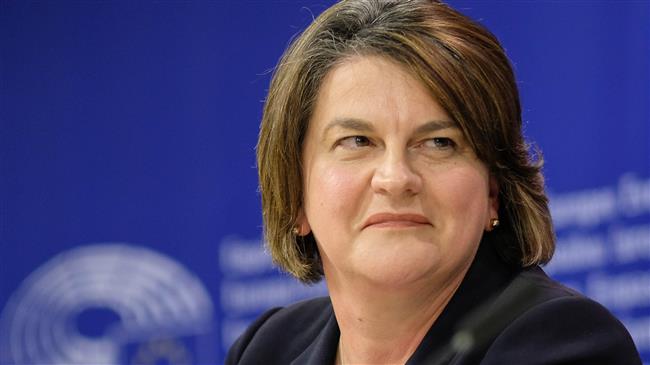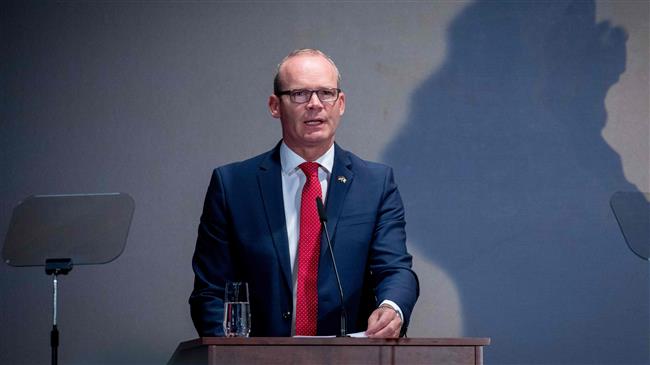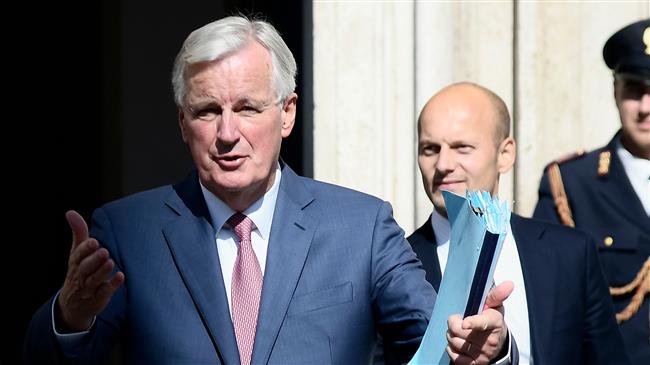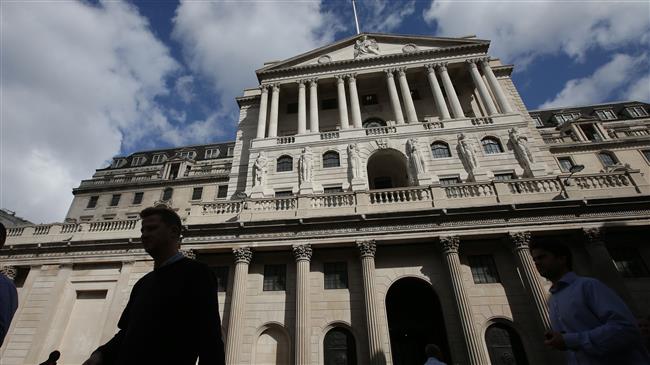Northern Ireland party fiercely opposed to Brexit with backstop
Northern Ireland’s top political party has announced its fierce opposition to a deal on the United Kingdom’s withdrawal from the European Union that would allow the EU to include the region in its customs union until a solution is found on bilateral trade.
The Democratic Unionist Party (DUP) leader Arlene Foster said Saturday that her party would not allow “the annexation of Northern Ireland” by the EU as part of plans to reach an agreement on Brexit ahead of Britain’s official departure from the bloc in March.
Foster said in an article in The Belfast Telegraph that she would prefer no deal rather than a bad deal that would effectively separate Northern Ireland, a UK province, from the rest of Britain.
“I fully appreciate the risks of a ‘no deal’ (Brexit) but the dangers of a bad deal are worse,” said Foster, adding, “This backstop arrangement would not be temporary. It would be the permanent annexation of Northern Ireland away from the rest of the United Kingdom and forever leave us subject to rules made in a place where we have no say.”
The DUP has 10 lawmakers in the British parliament. It is part of a coalition led by May’s Conservative Party and can vote down legislation in the chamber.
May, struggling to secure a deal with the EU on Brexit, had earlier resisted a backstop that would include Northern Ireland in EU’s customs union and instead offered Brussels the option to have the entire UK under its rulebook through a two-year transition period after Brexit and even beyond that until a joint mechanism is found for trade.
However, the premier seems to be buckling down under increasing EU pressure, with reports suggesting she would accept moving the border between the bloc and Britain to the Irish Sea to avoid a hard border between Ireland, an EU member, and Northern Ireland.
Foster said she was serious in her call to vote down a Brexit that would include the EU-proposed backstop for Northern Ireland.
“This is no game. Anyone engaging in this in a light-hearted way foolishly fails to grasp the gravity of the decisions we will make in the coming weeks,” she said, adding “The coming days, weeks and months will be critical. The decisions taken will shape the type of Northern Ireland that our grandchildren will live in.”
Switzerland closes inquiry into death of diplomat in Tehran
Another baby ‘freezes to death’ in Gaza as Israeli raid on hospital kills 7
VIDEO | Record US homelessness
Dr. Hussam Abu Safiya, a ‘hero in scrubs’ saving lives amid genocidal war on Gaza
Never again is now: How global companies are complicit in Israel's genocide in Gaza
What the expansion of BRICS means for the world
Syria situation won’t impact Iran-Russia strategic partnership: Russian FM
UAE-backed forces kill 21 in attack on Sudan shelter














 This makes it easy to access the Press TV website
This makes it easy to access the Press TV website